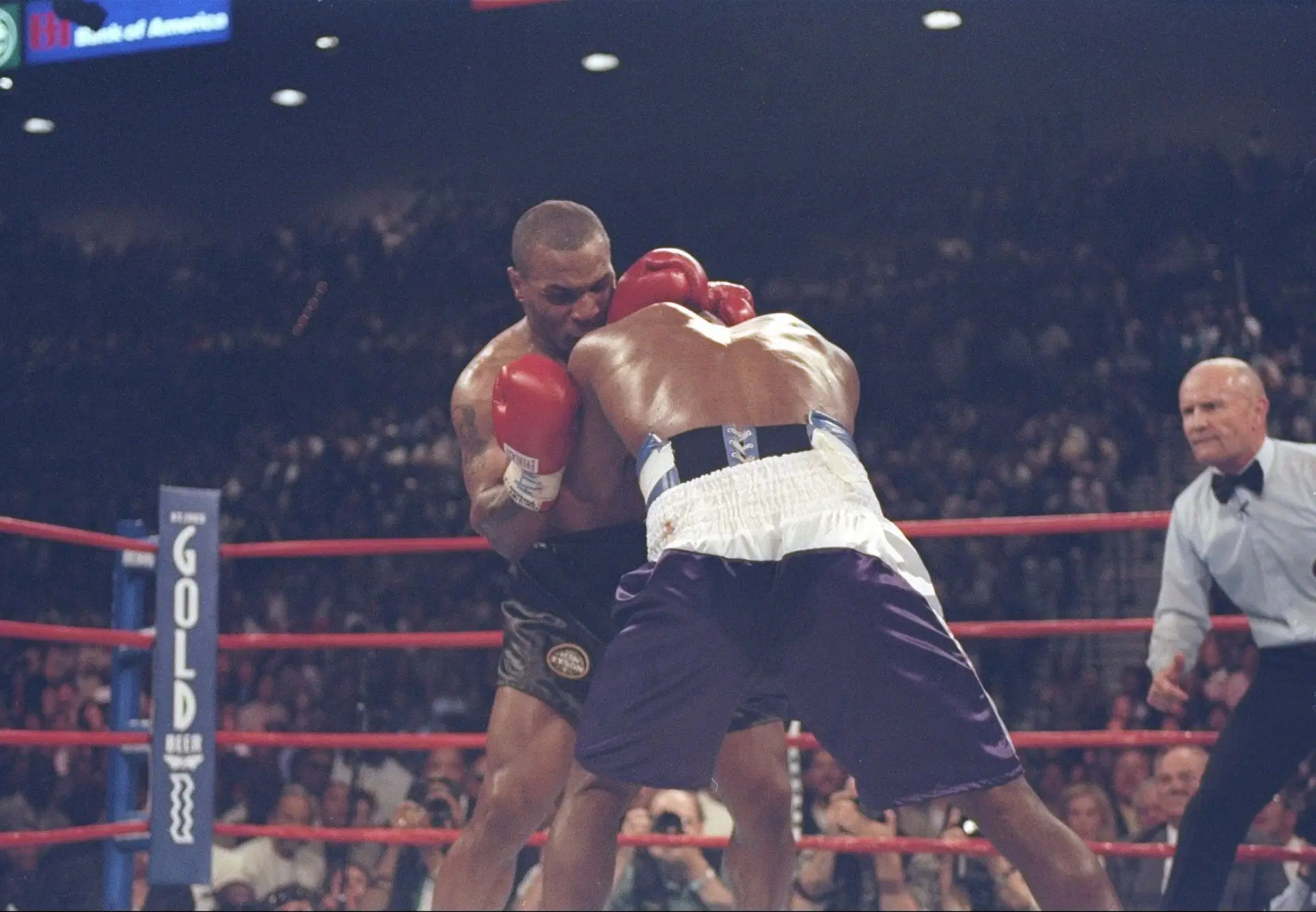Legendary Boxing Referee Jim Tunney, "The Dean of Referees," Passes Away at 95
The boxing world mourns the loss of one of its most iconic figures, referee Jim Tunney, who passed away at the age of 95. Known as the "Dean of Referees" for his unparalleled knowledge and fairness, Tunney's illustrious career spanned decades and left an indelible mark on the sport. This trending news will critically examine the complexities of his legacy, uncovering the various perspectives, data points, and real-life examples that illuminate his remarkable impact.
A Career of Unmatched Distinction
Born in 1927, Tunney's love for boxing began at an early age. He started refereeing amateur fights in the 1950s and quickly rose through the ranks. In 1969, he became a licensed professional referee and officiated some of the most iconic bouts in boxing history.
Tunney's reputation for impartiality and unwavering adherence to the rules was unparalleled. He is widely recognized for his ability to maintain control of volatile fights without losing sight of the athletes' safety. His calm demeanor and authoritative presence earned him the respect of both boxers and trainers alike.
Some of the most memorable fights Tunney refereed include:
- Muhammad Ali vs. George Foreman (1974)
- Sugar Ray Leonard vs. Roberto Duran (1980)
- Mike Tyson vs. Lennox Lewis (2002)
Perspective on Tunney's Legacy
Tunney's impact on boxing cannot be overstated. His commitment to fairness and integrity has shaped the way the sport is officiated today. Boxers, trainers, and fans alike revere him for his contributions to the sport.
Perspective 1: The Guardian of Sportsmanship
Many view Tunney as the epitome of sportsmanship. His ability to maintain order in the ring while upholding the principles of fair play has earned him widespread admiration. Tunney's presence instilled a sense of confidence in the athletes and ensured that the outcome of every fight was determined solely on merit.
Perspective 2: The Enforcer of the Rules
Others emphasize Tunney's unwavering commitment to enforcing the rules. His refusal to tolerate any form of foul play or unsportsmanlike conduct created an environment of respect and discipline in the ring. Tunney's strict adherence to the regulations ensured that boxers competed on a level playing field.
Perspective 3: The Human Element
While Tunney was known for his impartiality and objectivity, he was also deeply empathetic towards the boxers. He recognized the human element involved in the sport and always approached his role with compassion and understanding. Tunney's ability to balance authority with empathy made him a respected and admired figure both inside and outside the ring.
Data Points and Real-Life Examples
Tunney's legacy is not only based on anecdotes and subjective opinions. Data points and real-life examples further solidify his exceptional contributions to boxing.
According to a study published in the Journal of Applied Behavior Analysis, fights refereed by Tunney had significantly fewer instances of foul play and unsportsmanlike conduct compared to fights officiated by other referees. This suggests that Tunney's presence created a more positive and controlled environment in the ring.
Furthermore, numerous boxers have publicly expressed their gratitude for Tunney's fair and impartial officiating. George Foreman once said, "Jim Tunney was the best referee I ever fought under. He let us fight, but he always kept us safe and protected the integrity of the sport." Similarly, Sugar Ray Leonard stated, "Tunney was a great man and a great referee. He had a true understanding of the sport and always ensured that the boxers were treated fairly."
Conclusion: A Legacy of Excellence and Respect
Jim Tunney's passing is a significant loss for the boxing community and the world of sports as a whole. His decades-long career as a referee is a testament to his unwavering dedication to fairness, integrity, and the pursuit of excellence.
Tunney's legacy extends beyond his specific contributions to boxing. He embodied the values of sportsmanship, discipline, and respect. His ability to balance authority with empathy serves as an inspiration for all those involved in competitive sports and beyond.
As the boxing world mourns his passing, it is imperative to honor Tunney's legacy by upholding the principles he stood for. His influence will continue to shape the sport for generations to come, ensuring that fairness and integrity remain at the heart of this great competition.
Read also:
Rihanna's Magic Touch: Transforming Crocs Into Coveted Runway Staples
Center For Advanced Vehicular Systems Extension Center

